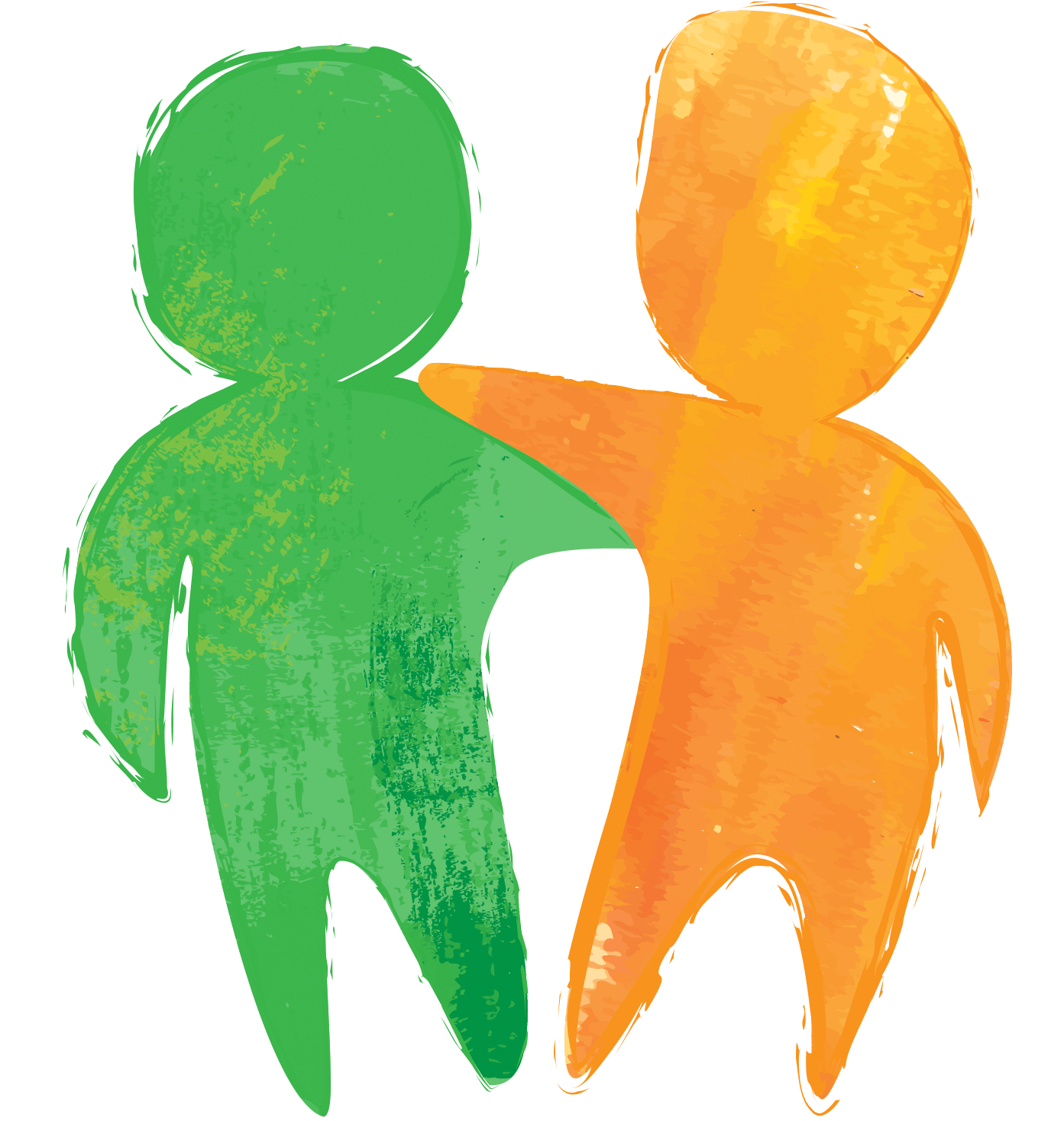This Sunday, September 28th is Good Neighbor Day. As with many of these national “days”, we often think to ourselves “It’s a shame we have to have a day for it — every day should be good neighbor day” as a day to recognize the importance of strong bonds with others, strengthening the fabric of our society.
Good Neighbor Day was the idea of a realtor in a Montana small town. She and her husband lobbied Congress for years to establish a day to recognize the positive impact good neighbors have on our lives.
It led to a 1978 proclamation by President Jimmy Carter stating: “Understanding, love and respect build cohesive families and communities. For most of us, this sense of community is nurtured and expressed in our neighborhoods where we give each other an opportunity to share and feel part of a larger family.”
Who actually is my neighbor and how do I love them?
Popular culture generally teaches us to support others of similar viewpoints, interests, or beliefs. But in the Christian Bible (as in other spiritual texts) Jesus’ command challenges the cultural norm. In Luke 10, a lawyer asked Jesus what he must do to inherit eternal life. Jesus answered with the parable of The Good Samaritan.
In the story, two Jewish leaders saw the person in need and deliberately avoided a potentially ugly situation. The Samaritan, however, personified neighborliness. He showed mercy to someone with no regard to background, religion, or potential reward.
That’s the answer to our question: universal understanding, love and respect are the characteristics that make for good neighbors. But unless we extend these humanitarian qualities to those who are different from ourselves, the sense of community President Carter mentions will be limited to small enclaves of like-minded people. As our country experiences dramatic demographic changes, we are challenged to begin understanding a society that looks different from the one constructed by our founders. A “good neighbor” policy, respect for others, active listening, and open dialog, is important to prevent societal fractures and civil strife.
How to Celebrate #GoodNeighborDay
- Be nice to your neighbor – at home or elsewhere. Freely offer your time and your interest.
- If you don’t know your neighbors well, maybe today is your chance to overcome your shyness, go up to them and strike up a conversation.
- Bake some healthy goodies and share them with your neighbors. Bring them to work for your work neighbors.
- Invite your neighbors to your home for a meal, a convivial drink, or a discussion.
- Don’t live in the U.S.? Don’t let that stop you from showing your appreciation for your global neighbors.
Being a good neighbor isn’t all that difficult. Starting with open mindedness and kindness is always the first step.
- Offer a kind word. Even a small compliment goes a long way to creating a bond or breaking down barriers.
- Share extra bounty from your garden or kitchen.
- Invite them to join an informal celebration in your home.
- Introduce them to your pets or offer a gardening tip.
- Ask who they recommend for a service such as taxes, painting, or car care. You will earn their respect, especially if the question is something they have first-hand experience with.
Use #GoodNeighborDay to post on social media.
Are Good Neighbors really all that important?
How can these simple acts of kindness bring about change? In his 2017 book Collaborating With the Enemy, How to Work with People You Don’t Agree With or Like or Trust, Adam Kahane demonstrates why collaboration is needed now more than ever. He explains moving beyond mistrust and fear requires us to “stretch” into new ways of seeing and thinking, allowing for flexibility to work through the discomfort of conflict. By the way, we are reading his book as a community projects on four successive Monday night starting October 7th.
This stretch mindset holds true not only in business and civic matters, but in our social lives. Ironically, the most obvious collaborative opportunities for people who otherwise avoid or denigrate one another are in communities ravaged by calamity such as a hurricane. It is one of the few silver linings of climate change, as people’s best natures emerge to feed, shelter, and help one another.
Still the question persists: in such divisive times, how can we coexist peacefully? What actions can we take to foster more understanding and tolerance within our community? The most obvious common denominator is food. It’s a truism that people of all backgrounds, ethnicities, and political beliefs love pizza. Have a backyard barbecue, and invite people you wouldn’t ordinarily spend a minute with. Try not to talk politics. But don’t just engage in small talk, discuss important matters as well.
Ask them about themselves — start with where they grew up. It isn’t enough to be a kind or caring person in theory.
We have to begin stretching ourselves.
